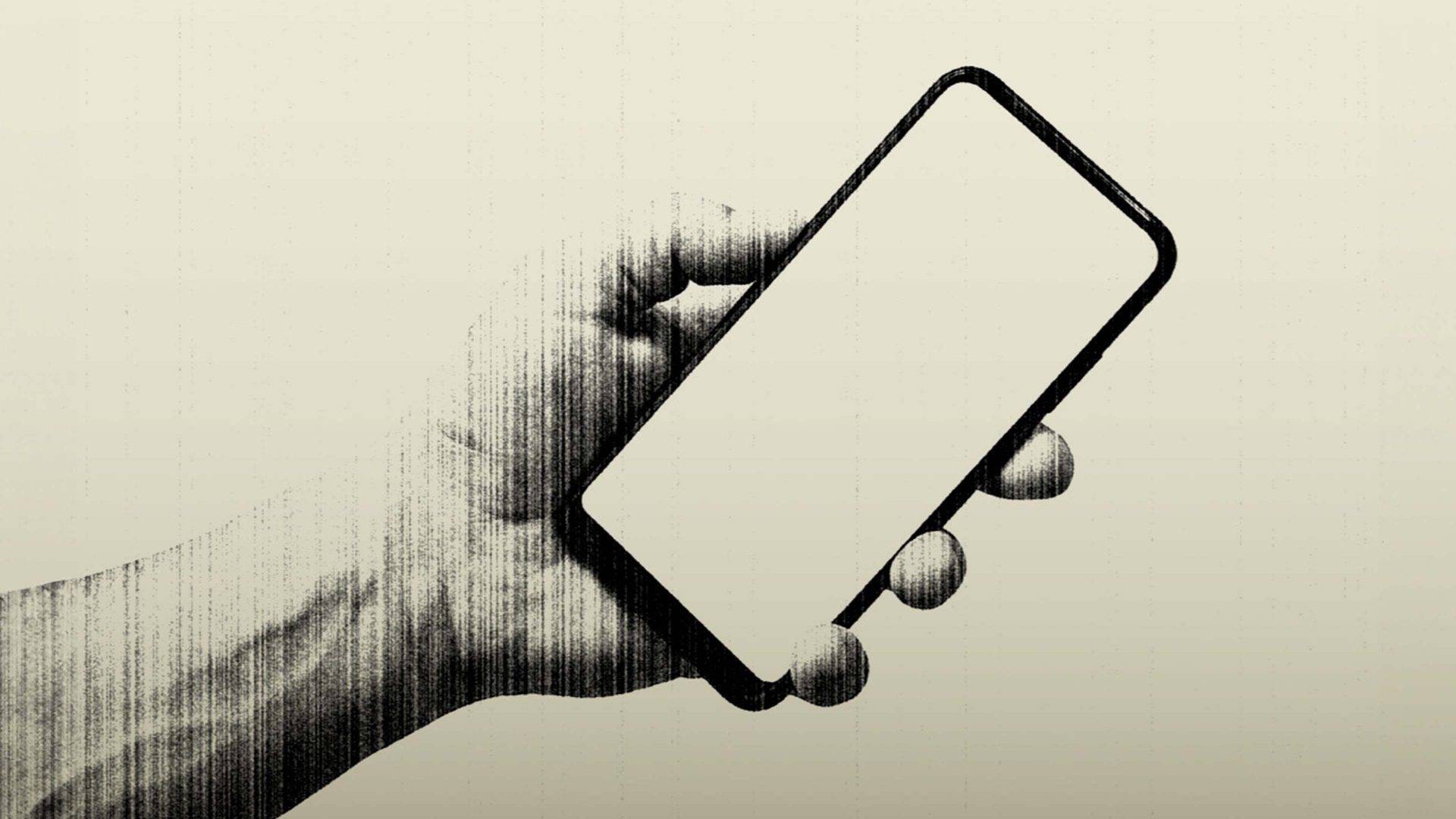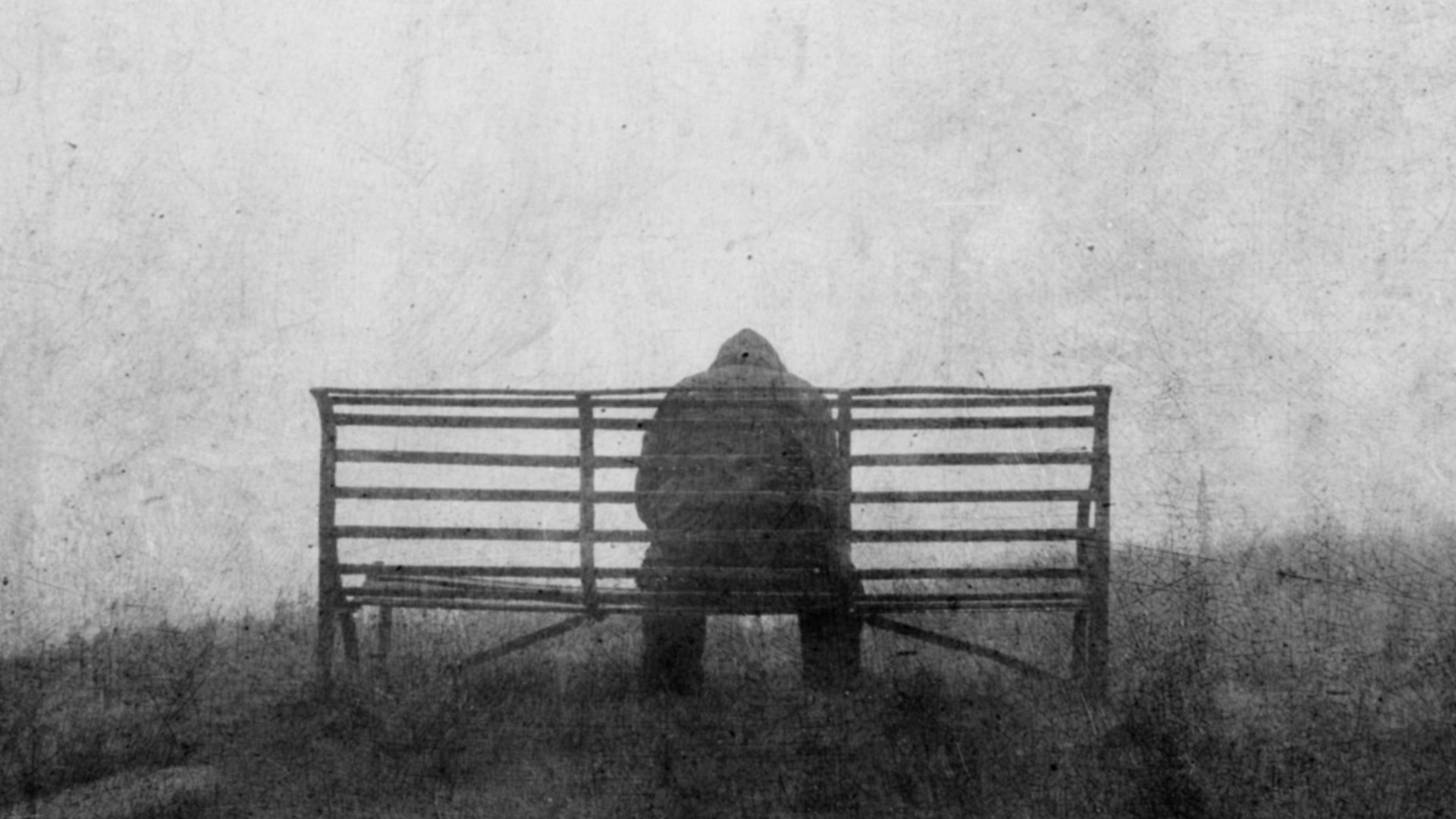Something awful happened to me on the tube the other day. I was sitting there, underground, reading a book, then I got my phone out of my pocket to check the time. What I saw made me gasp: there, on my screen, were notifications, received after I’d got on the train.
There were emails and some WhatsApp messages; like a horror movie, they’d followed me below street level. I was shocked at first, because it’s a stretch of public transport I take quite often, and I had no idea when the change had occurred. Eventually, the surprise made way for anger. Why did I suddenly have a signal on the tube? Why wasn’t I asked, or at least warned? It ruined my afternoon.
If you think I’m overegging it, consider this: over the first half of my journey, I’d done nothing but read the novel I’d brought with me. Over the second, I read and responded to work emails, caught up with messages from friends, then checked Twitter and Instagram, in case anything had happened there. Would you like to guess which half felt better for my brain and my soul?
Of course, I think the internet is broadly a good thing. I wouldn’t have my career or most of my social circles without it. I’m not against progress. What I hate, however, is this idea that technology simply must take over our lives, bit by bit, because it is unquestionably good.
I remember being a teenager and only being able to go online at home, on the big computer in my bedroom, and it felt like the best of both worlds. I could read whatever I wanted to read and talk to whoever I wanted to talk to but, the moment I left the house, I was back in the real world again. It was brilliant.
After that, the internet spent around a decade gradually encroaching on all our lives. At first, slow and janky phones would allow us to check our emails, just about. After that came slightly better smartphones, but the cost of going online was prohibitive enough that you couldn’t spend your days on them.
About a decade ago, things changed for good. Smartphones were cheaper and easier to use, and data no longer cost the earth. Suddenly the internet was with us always, no matter where we were or what we were doing. Because it didn’t happen in one go, I doubt that many of us stopped, back then, to think about what that meant. We just sat there, hunched, pawing at the little screens.
Writing Escape, my book on internet culture, made me think about all this in some depth. It also made me realise that more isn’t always better. In tech, as in life, it is good and healthy to have boundaries. Again, the tube is a good example. Like many other people, I used to be a voracious reader as a child, but left books behind as a rebellious teenager.
I spent a portion of my 20s trying to get back into novels, but usually failed. The shiny screen in my pocket, able to offer me anything and everything I could possibly ever want, just felt too tempting. After years of trial and error, I found a solution: I could just read on the underground. There were no distractions there.
In 2021, I read 12 books. In 2022, 31. Last year, I ended up reading 44 books. It’s been tremendous. I’ve really come to cherish those daily moments, sitting alone, with nothing but a novel for company. It has helped my mental health and general wellbeing.
Will I be able to keep going once the internet is available everywhere on the underground, and everywhere else? I hope so, but I’m not optimistic. I also worry that this is happening without our collective input. Once there wasn’t internet, and now there is. Again, I can’t help but see it not as technological advancement, but as a horror story. Wherever we go, it follows. Can’t we just be left alone?




